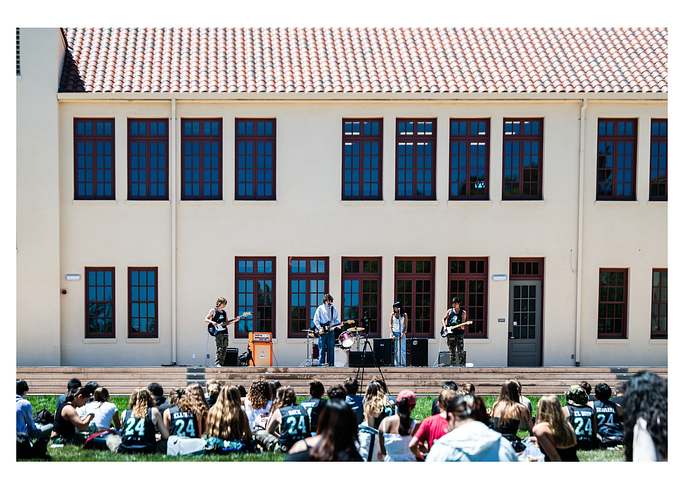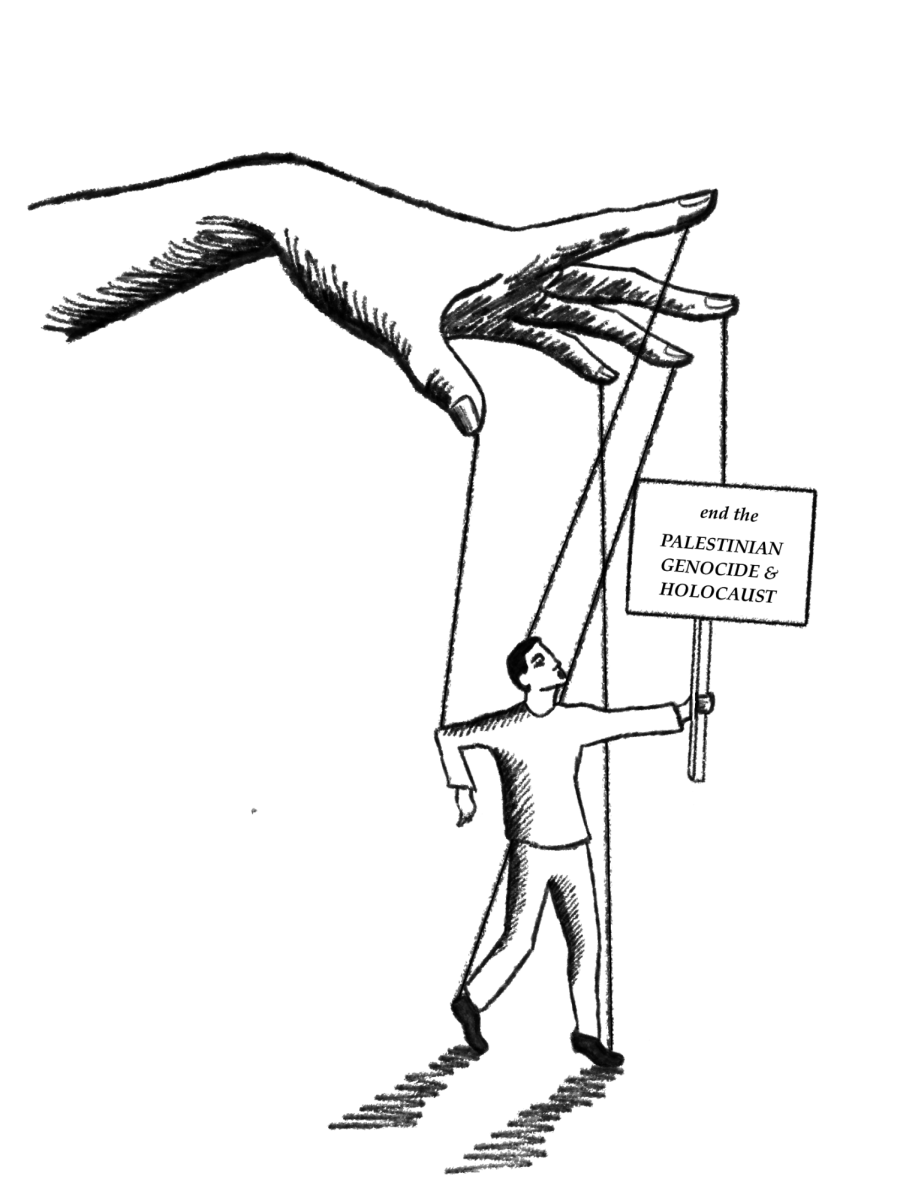R-E-S-P-E-C-T Seven letters immortalized by the goddess Aretha Franklin in her femi-nist R&B pulpit and fed to children tirelessly through early adolescence by way of fables, cross-stitched pillow casings and kindergarten lectures. Yet somehow, the same seven letters seem to be starkly absent on our attentively manicured campus and from our similarly manicured peers.
It’s an age-old concept, relevant in relationships with peers and teachers, but most importantly, it is vital to all relationships, present or future, adult or teenager.
Working with other people is a pivotal aspect of being in an academic setting, and it is most espe- cially important in relationships with teachers. We spend 230 minutes per week with each of our teachers, which is often more time than I spend in a week with my sibling or even, some- times, my parents. Every student has had some reason to approach a teacher individually, whether it be for a grade question or to inquire after missed work from an absence. Oftentimes with grades, the teacher has something that you want and you must convince them to give it to you, like a plaintiff and a judge.
Yet in this situation, the evidence that the teacher is judging is your character, and if you want to be in a position where teachers will rule in your favor, it is of the utmost impor- tance that you show them a character that is respectful and worthy of what- ever points award you are squabbling over.
“When a student asks for some- thing, 95 percent of it is approach,” says history teacher Steve Foug. “Face-to-face communication goes a long way.”
The difference between sending a midnight email about an assign- ment versus making the time to stop by for a conversation is comparable to the difference between emailing your resume to an employer versus dropping it off in person to make an impression. And both of those dif- ferences are as wide as the Grand Canyon. And that is pretty wide.
However, email can be neces- sary sometimes. Writing professional emails ranks among the most impor- tant skills to master and also among my most dreaded activities.
There are too many instances where students place excessive blame on teachers for their apparent mis- control of the gradebook. Teachers exist for so many more reasons than to simply fill out letters A through F on your transcript. They deserve due respect, not blame.
But the thing is, those words go to both students and parents. Paly is not a private school. The entire city pays taxes to support our communi- ty’s outstanding schools. The fact that there are parents who challenge and yell at teachers over their students grades is simply abominable. Their disrespectful behavior sets an awful example for everyone.
As we transition into the elusive world of adults, there is no “teenage” label anymore to serve as an excuse for being uncomfortable around anyone outside our peer group. Therefore, it is vital that students continue to develop respectful communication skills. (All of the aforementioned points apply tenfold to malicious anonymous internet commenting.)
One cannot learn people skills in a classroom, all you can do is practice. Respectful communication should not be reserved only for coercing a police officer out of a speeding ticket.
So take a minute, and next time you show up to class, ask your teacher “How are you?”. It’s about the little things. Let us not forget that teachers are people too.
xoxo, McGiggles






